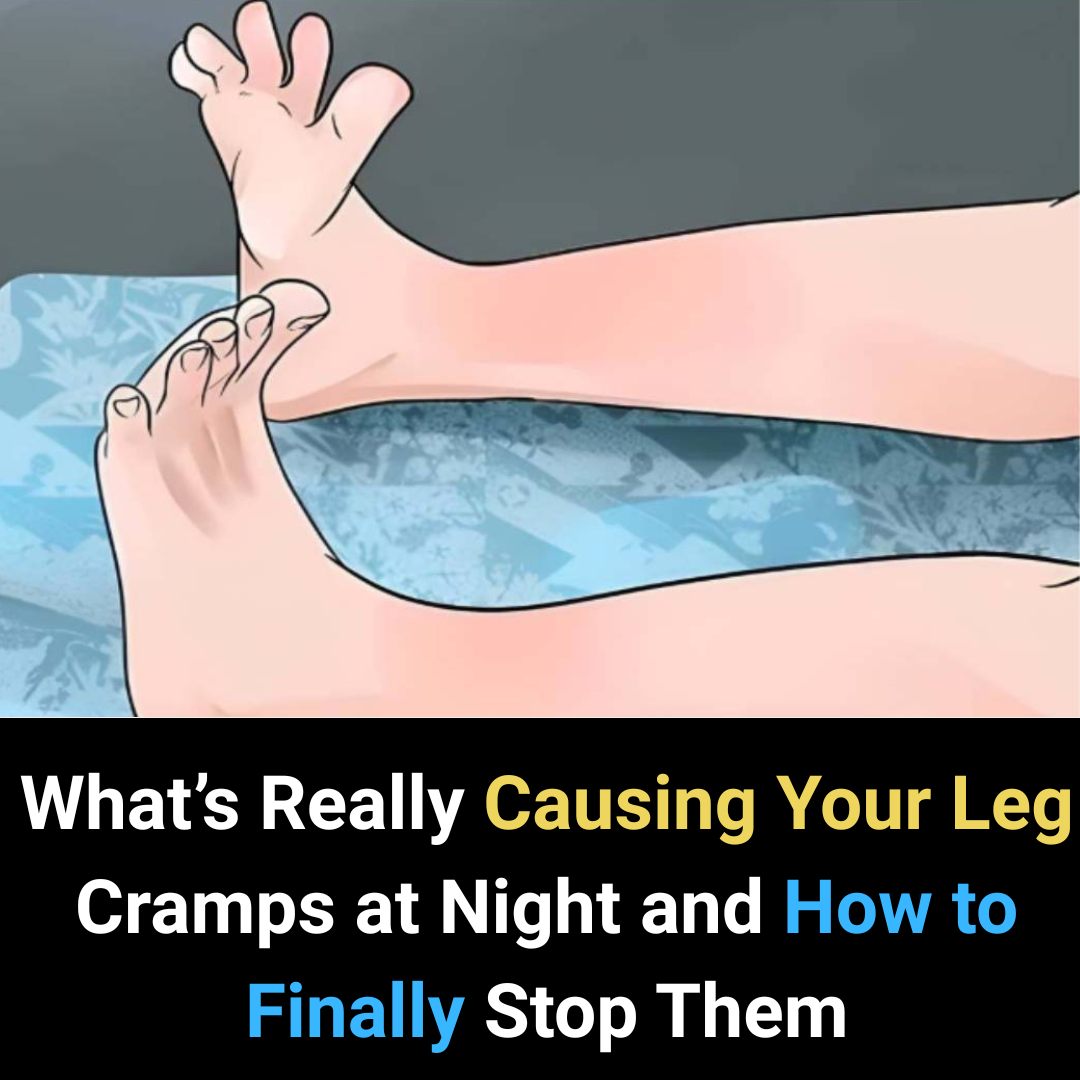Night leg cramps are common, but often the exact cause is unknown, though they are generally linked to tired muscles and nerve issues. You can try to prevent them with regular, gentle stretching before bed, staying well-hydrated by drinking plenty of water and limiting caffeine and alcohol, and ensuring you have supportive footwear. If cramps are severe, frequent, or accompanied by other symptoms, you should consult a doctor to rule out underlying conditions like kidney or nerve disease.
Common Causes
- Dehydration: Not drinking enough fluids can lead to muscle cramps.
- Muscle Fatigue: Overexertion during the day can make muscles tired and prone to cramping.
- Nerve Problems: Nerve damage or issues can contribute to night leg cramps.
- Certain Medications: Some drugs, particularly diuretics used for high blood pressure, can increase the risk of cramping.
- Age: As people age, there is a natural loss of muscle mass, which can make them more susceptible to cramps.
- Medical Conditions: Underlying conditions such as kidney disease, thyroid disorders, or poor circulation can cause leg cramps.
How to Stop and Prevent Cramps
-
Stretch RegularlyGently stretch your leg muscles before and after exercise, and before going to bed.
-
Stay HydratedDrink plenty of fluids throughout the day and be mindful of caffeine and alcohol intake.
-
Wear Proper FootwearEnsure your shoes are supportive, especially if you have foot arches, to help your body maintain proper alignment.
-
Apply HeatA heating pad or warm bath can help relax muscles and alleviate the pain of a cramp.
-
Light ExerciseGentle exercise, like light walking or stationary cycling, before bed can improve circulation and flexibility.
-
Loosen BeddingKeep the sheets and blankets loose at the foot of the bed to prevent them from constricting your feet and causing cramps.
When to See a Doctor
- If you experience frequent or severe cramps.
- If cramps are accompanied by swelling, skin color changes, or weakness in your legs.
- If cramps don’t go away after stretching and self-care measures.



